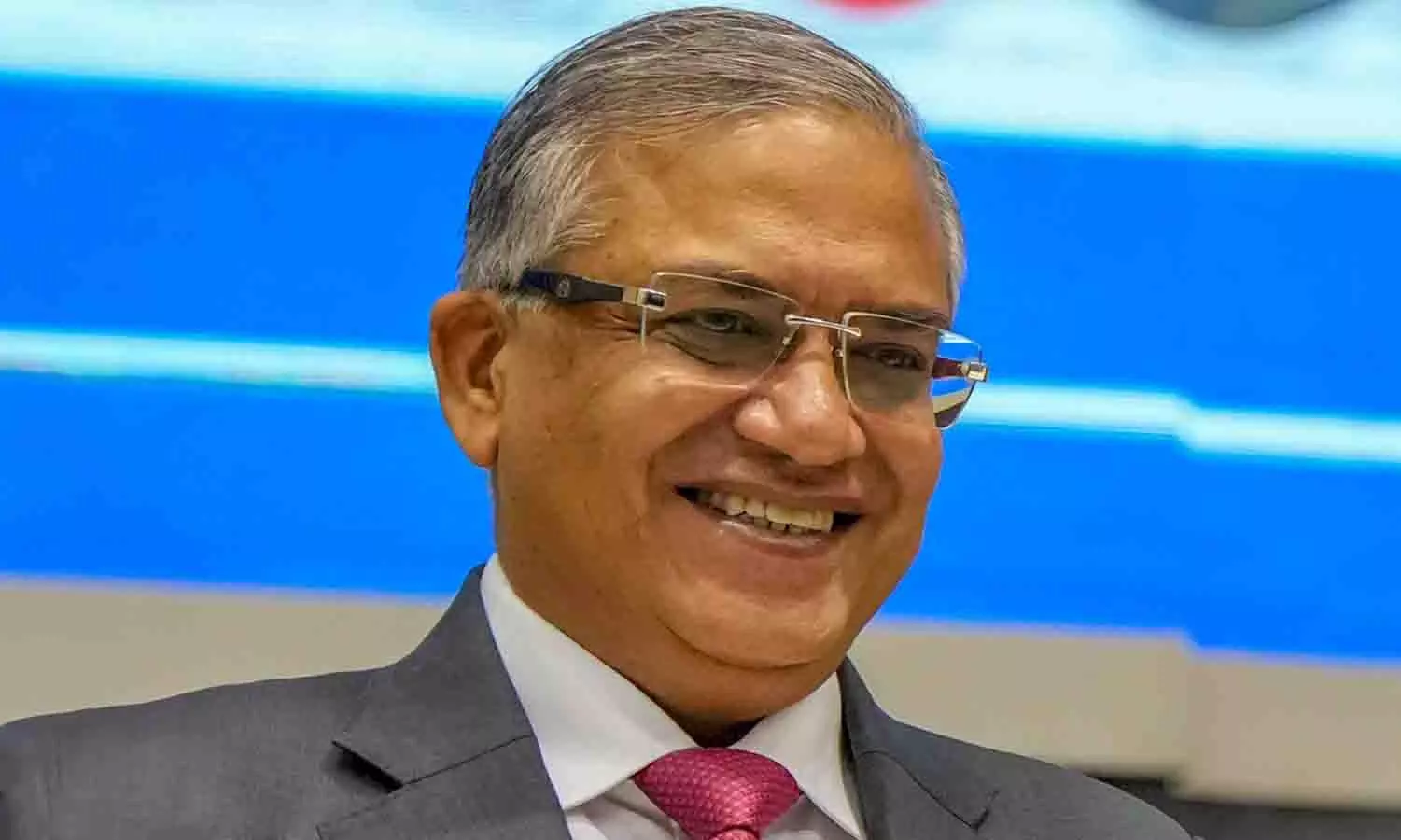
Who is Gyanesh Kumar, India’s new Chief Election Commissioner
With stints in Home Ministry, Kumar is said to be close to Amit Shah and has played key roles in sensitive cases including Abrogation of Article 370 and Ayodhya temple issue

Gyanesh Kumar, who took charge as Election Commissioner in March last year, is all set to helm the poll body after a selection panel headed by the prime minister cleared the decks for his appointment as the Chief Election Commissioner (CEC).
Poll duties ahead
A 1988-batch Kerala-cadre IAS officer, Kumar is the first CEC who has been appointed under a new legislation on the appointment of members of the Election Commission (EC).
The 26th CEC will be in office till January 26, 2029, the year the next General Elections will be held.
Kumar, who will replace outgoing CEC Rajiv Kumar, will be tasked with handling the Bihar Assembly Elections this year and the Assembly polls in Assam, West Bengal and Tamil Nadu in 2026.
Also read: Gyanesh Kumar appointed new Chief Election Commissioner
Engineer turned bureaucrat
Kumar, 61, was born on January 27 in Agra, Uttar Pradesh.
After completing his B.Tech in Civil Engineering from the Indian Institute of Technology (IIT), Kanpur, he studied Business Finance in ICFAI, India and Environmental Economics in HIID, Harvard University, US.
He has worked in the government of Kerala as the assistant collector of Ernakulam, sub-collector of Adoor, managing director of the Kerala State Development Corporation for SC/ST, municipal commissioner of the Corporation of Cochin, besides holding other posts.
As a secretary to the government of Kerala, Kumar handled diverse departments, such as finance resources, fast-track projects and the public works department.
In the government of India, he has rich experience of working as the joint secretary in the Ministry of Defence from 2007 to 2012 during the UPA government, joint secretary and additional secretary in the Ministry of Home Affairs, secretary in the Ministry of Parliamentary Affairs and secretary in the Ministry of Cooperation. He superannuated on January 31, 2024.
Also read: New CEC: Modi-led panel finalises name, but Cong wants decision deferred
Stint in Home Ministry
Kumar played a key role in implementing decisions following the abrogation of Article 370 of the Constitution in Jammu and Kashmir in 2019 during his stint in the Union home ministry. He was the Joint Secretary (Kashmir Division) at that time.
In 2020, he as an Additional Secretary in the Home Ministry was tasked with handling documents related to the Supreme Court case on the Ram Temple in Ayodhya.
Kumar is said to have worked closely with Home Minister Amit Shah.

